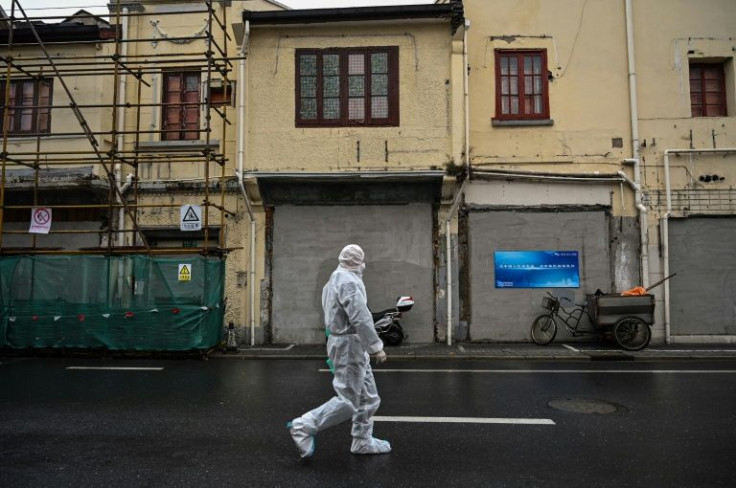Impact Of China’s Continued COVID Lockdowns 'Could Be Much Higher On Global Inflation': Analyst
China's "zero-COVID" policy and strict lockdowns could play a key role in rising global inflation, more so than at the beginning of the COVID-19 pandemic in 2020.
Bernstein analysts wrote in a note on April 8, according to a CNBC report Friday, that because of "these recent lockdowns . . . global supply chains are already strained ... the impact of this lockdown could be much higher on global inflation and growth outlook compared to what we saw back in 2020."
As the rest of the world relaxes COVID-19 regulations and restrictions, rising COVID-19 cases have forced China to ramp its efforts up. China's zero-COVID policy has been tackling a spike in cases across the country that has induced strict lockdowns which some would call extreme.
china lockdown and its discontents pic.twitter.com/MkOvqEqKLh
ian bremmer (@ianbremmer) April 14, 2022
Important economic and import/export regions in China have been particularly affected, leading to further lockdowns and supply chain struggles. Many foreign companies in the area have been forced to either halt or slow down production as a result and have had their shipments delayed.
"The macro impact of China lockdowns could be quite high and something which the market is not yet pricing in," the analysts wrote.
The report from Bernstein noted that export container costs from Shanghai are five times higher and air freights are two times higher than prices pre-pandemic.
According to Bernstein, China also manufactures the majority of containers, ships, rare earths, solar modules, mobile phones, and PCs, all of which impact day-to-day life around the world.
"Hence, there would be higher export of inflation, especially to China’s large trading partners but at the same time delay China’s own demand recovery," the Bernstein note read.

© Copyright IBTimes 2025. All rights reserved.






















